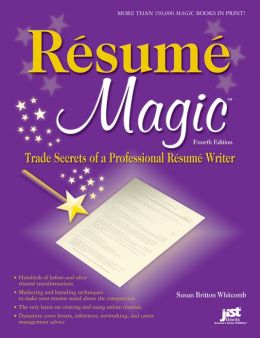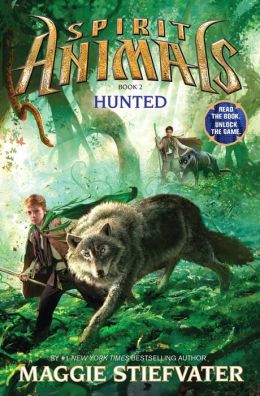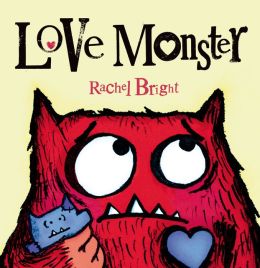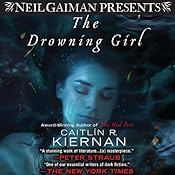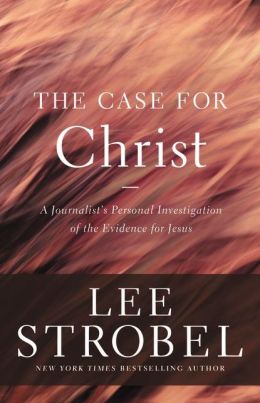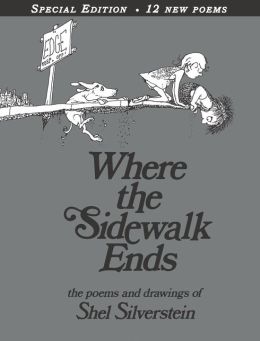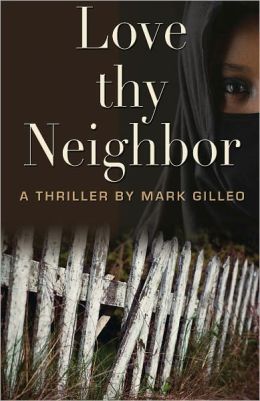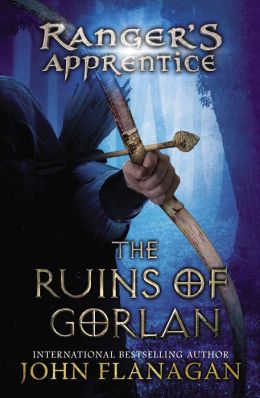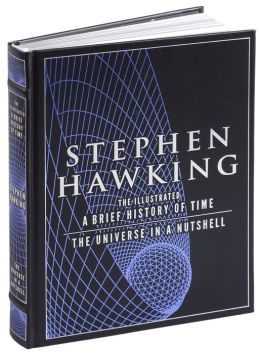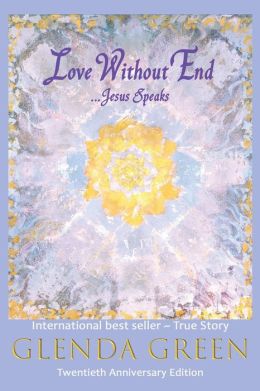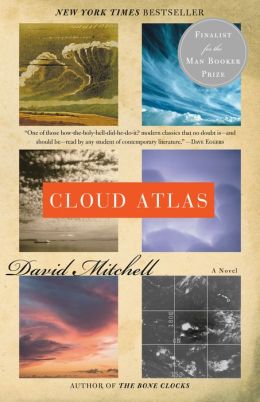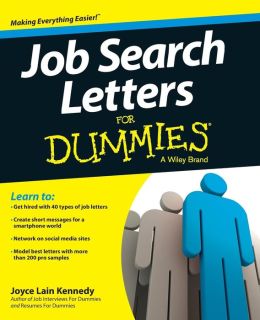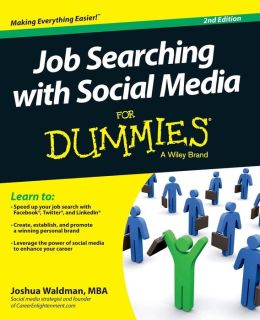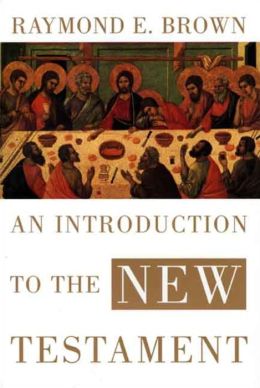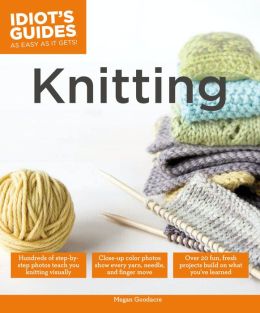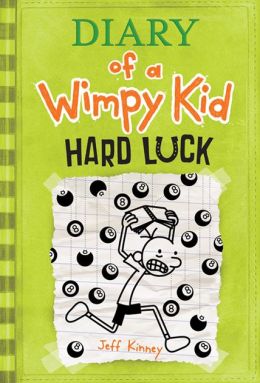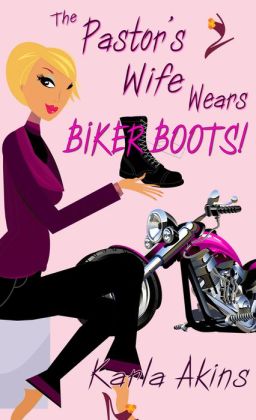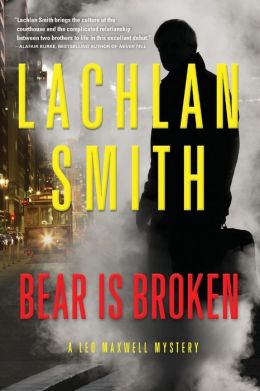Resume Magic, by Susan Britton Whitcomb

Genre: Self-Improvement - Job Hunt
Reason for Reading: Trying to buff up my resume so that I feel more presentable.
Synopsis: This book contains a lot of information about content and format of resumes. It starts by encouraging the reader to find his or her own personal brand, so that it can shine through on the resume. Then, Whitcomb discusses the differences between a chronological resume and a functional resume and provides suggestions about when each type of resume would be helpful. She helps the reader create an outline of the resume, later fleshing it out with helpful tips about content. She emphasizes the importance of listing accomplishments. Finally, she dwells on proof-reading. She provides a guide of the basic grammar and punctuation mistakes people make while writing resumes. The final few chapters outline her thought on job search through social media and on cover letters. These sections, of course, aren't as thorough as the chapters about resumes, but I think she's trying to whet our appetites for her other books..which I hear are just as thorough.
My thoughts: First. DON'T get the ebook! Get a hard-copy, because the figures and tables are really tiny in ebook format. Second, this book did not really have a lot of information that was relevant to writing a CV, for those of us who have a PhD. Although Whitcomb provided examples of resumes for a large variety of job types, she focused primarily on business, sales, and marketing. Sometimes I wondered if her tips applied to me or not. However, the book DID provide enough information for me to make my resume more presentable. Third, the title. Ouch. I almost didn't buy this book because the title was too pretentious. Fourth, Whitcomb was a bit heavy-handed with her self-marketing: Resume Magic often read like an advertisement for Whitcomb's webpage and other books.
And now I see that my thoughts are rather top-heavy in criticism. I hadn't intended my review to be negative. Resume Magic is loaded with information and tips, and I'm much happier with my CV now than I was before reading this book. Resumes and job hunting have changed dramatically in the last few years, and books like these are very helpful for catching up on what employers are expecting. Because, let's face it, first impressions are a LOT about presentation. And don't we all want to make a good first impression?
I haven't read any other resume books, and I don't have the time to do so right now, so I can't very easily compare this to other books on the market. I have been reading Joyce Lain Kennedy's Job Interviews for Dummies and Job Search Letters for Dummies, though, so I can make a guess at what her Resumes for Dummies is like. My guess is that Whitcomb's book is more heavy in specific tips, and Kennedy's books tend to be more general. They both provide a lot of good examples, and they both explain what makes those examples stand out. But Whitcomb's style is more self-aggrandizing and opinionated. Kennedy recommends books by authors other than herself (including Whitcomb!), which makes her advice seem more sincere and approachable. So I guess if you're trying to choose between the two - pick Whitcomb if you want a book heavy in information, and Kennedy if you want more general advice from someone who's willing to reference opinions other than her own (even when they do not exactly coincide with her own).
Tips that most helped me in my resume redesign:
Content
- I am applying to several different types of jobs, mostly branching out from my degree in science. Each job type requires a different set of basic skills, so I prepared a few basic resume types, each arranged in a way that accentuated the traits requested by each job type.
- In order to determine the what skills to emphasize in each resume type, I searched the internet for job listings and company mission statements to determine what is required for a good candidate in each job type.
- Each time I apply for a job, I change my "qualifications" section, so that it directly reflects the skills requested by the job listing as well as the mission statement of the employer.
- I emphasized numbers-based accomplishments for each job that I listed.
- I did not include affiliations or bio, since this information made my resume way too long. So I've decided to include a link to my blog bio (which I am currently re-writing). Thus, my potential employers can get a sense of my "personal brand."
Formating
- I put my strongest attributes / qualifications in the visual center of the first page (just below the name and contact information), drawing further attention by setting this section off with lines.
- I included a keyword section for electronically submitted resumes.
- I created two versions of the resume - one for printing off, and one for submitting on the internet. The one for submitting on the internet must have very common fonts, and minimal fancy formatting (avoid tables, for instance).
Looking ahead
- Although I certainly hope that whatever job I find will be long-term, I am going to start a file of all accomplishments, evaluations, letters / memos of approval, etc. This information might come in handy in the future. I'd never thought of collecting it before!
Clearly, this is not an exhaustive list of the tips provided in Resume Magic, but these include the major changes I made to my resume.
The most vital changes that were made to my resume after reading this book were that I made it more accomplishment-oriented, I learned how to direct the qualifications/special skills section towards a specific job, and (for most basic versions) I moved my retail and TA experience into a separate section from my research experience. Thus, I had a chronological "Research" section and a second chronological "Mentorship"section. This really tightened up the resume.
